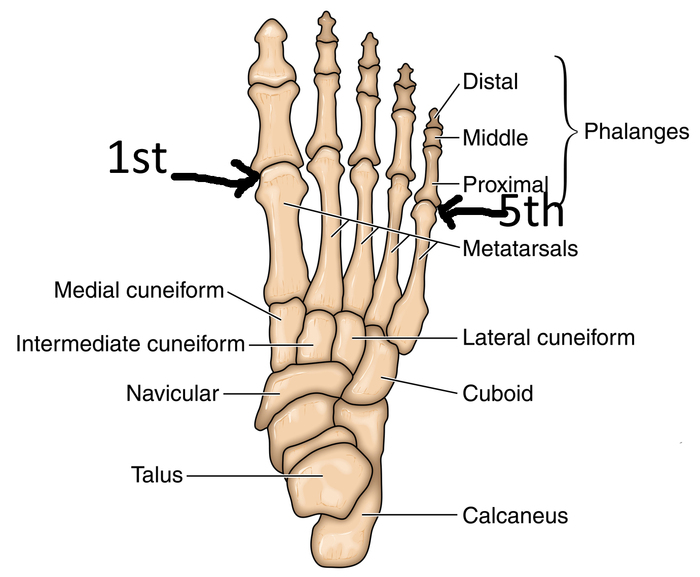I am still surprised, confused and frustrated at the errant recommendations for training older adults that are being dished out by professors, researchers and trainers at conferences, in journal articles and in online certification programs. It makes me realize how vital it is that we spread the Functional Aging Training Model as quickly and as widely as possible. There are 10,000 adults turning 65 each and every day and they need, no they deserve, to be trained effectively and safely.
As I state over and over again…muscle strength is an important component of physical function but it is NOT the only piece. Therefore we need to stop focusing on getting stronger and focus instead on getting more functional. The two are NOT synonymous as the research clearly indicates.
An adequate amount of strength is important for the execution of daily tasks, recreational activities and occupational duties. But the key word there is adequate. If someone is woefully lacking in muscle strength so that they cannot even stand up from a seated position without the use of their arms then YES muscle strength should be a priority (although I would argue that muscle power should be the real focus since power is more highly correlated with function compared to strength AND power training studies typically get better functional improvements compared to strength training).
However, for many functional activities those that have adequate amounts of strength really don’t need to get a lot stronger. They need to be able to perform movements more effectively and efficiently. How do they do this? By training the other components of function that have declined over the years – motor control/coordination, proprioception, movement speed/power, somatosensation, 3 dimensional postural stability, mobility/agility…and the list goes on.
Functional movement is a complicated animal so it is no wonder why so many studies show that even very large improvements in strength (for older adults) typically only lead to small to moderate improvements in function. The research is a little behind so we can’t definitively point to a huge body of evidence that overwhelmingly supports that functionally based training is vastly superior to standard PRT (progressive resistance training) BUT the evidence is certainly pointing in that direction…and so we follow the evidence.
If you don’t do anything else at least get your older clients off of the selectorized machines and up on their feet performing resistance training movements in a multitude of standing and kneeling positions so that they can begin working on improving their function and not just their muscles.
Join the Functional Aging Movement by becoming a Functional Aging Specialist and start training your older clients more effectively!
Cody Sipe, PhD





